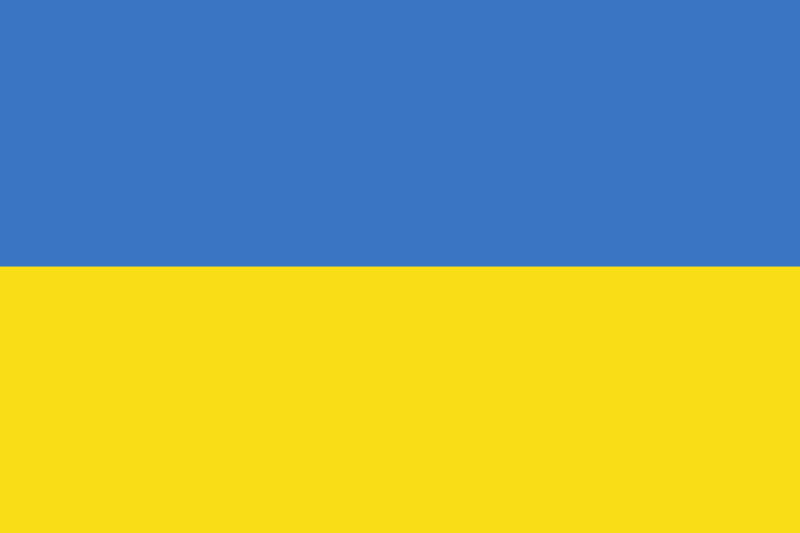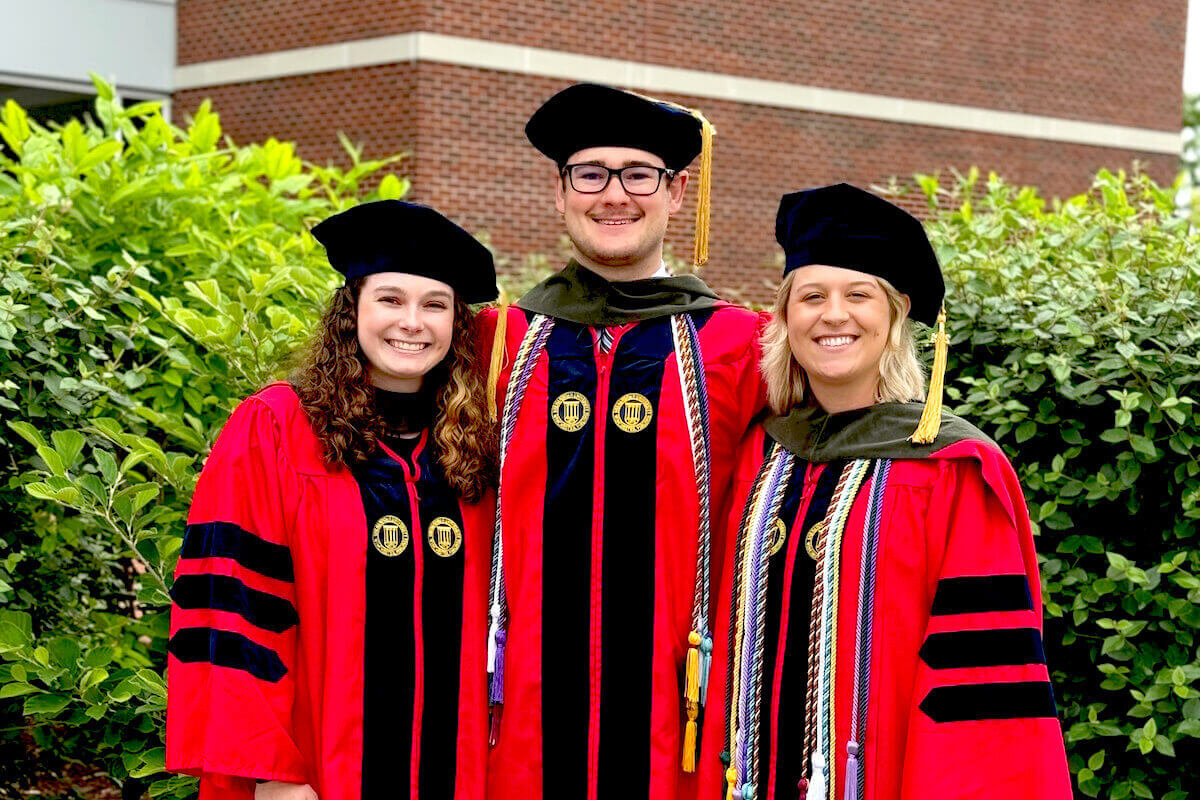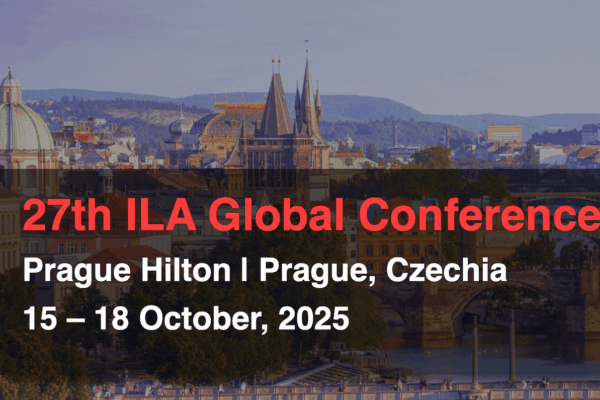Russian Invasion of Ukraine: A Short Primer
A Shenandoah International Affairs Expert Offers His Perspective

Shenandoah University’s Henkel Family Chair in International Affairs and Professor of Political Science Eric K. Leonard, Ph.D., provides an expert’s look at what’s happening in Ukraine.
For many of us, the recent events in Ukraine have led to a high level of anxiety and confusion. There are so many questions swirling around this event and a tremendous amount of misinformation as well. In an attempt to alleviate some of that anxiety and confusion, this short primer provides some answers to the biggest questions surrounding the Russian invasion. If anyone in the SU community has further questions or comments, please feel free to email me (eleonard@su.edu). I am always happy to discuss the situation and its impacts on the global community and the United States. One caveat before I begin — this situation is a rapidly changing one and therefore, some of the answers to these questions are attempting to hit a moving object. I will do my best to address the situation as it currently exists and with some foresight into how things might play out.
Why did Russia invade Ukraine?
In many ways, this depends on who you ask. Let’s start with the official position of Vladimir Putin and the Russian regime. According to Putin, the intervention was a necessary step in the “denazification and demilitarization” of Ukraine. Putin claims that Ukrainians are waging a genocidal war against those living in Ukraine that politically and/or ethnically identify with Russia. I want to state that there is NO evidence of such genocidal acts and no serious scholar or observer of global affairs believes this claim. Putin is simply trying to provide any justification for such an overt violation of international law and aside from a few staunch Russian allies, the global community sees this claim for what it is, a lie.
Then why invade? Although we may never know for sure, there is reason to believe that this invasion is the result of Putin’s ambitions to establish a more powerful Russia. His imperialistic claims on Ukraine are the result of his perception that Ukraine is a “fictitious” country that was historically a part of Russia and thus, provides justification for bringing that country back under the Russian flag.
Putin also makes the argument that this is an attempt to push back on Western neo-imperialist tendencies in Eastern Europe. This, according to Putin, is most clearly seen in the expansionist nature of NATO eastward. Putin views this expansion as a threat to Russian security and Ukraine is being used as a buffer against a perceived western incursion (https://www.nytimes.com/2022/02/24/world/europe/putin-ukraine-speech.html).
What are the United States and other NATO powers doing to stop this war?
It is important to mention at the outset of this answer that President Biden has stated that he will not be sending U.S. troops to fight in this conflict. NATO has also stated that it will not get militarily involved. But this does not mean the United States and other members of the global community will do nothing.
The primary means by which the global community will fight this war against Ukraine is to impose sanctions and attempt to isolate Russia from the rest of the global community. One of the biggest sanctions was getting Germany to agree to temporarily halt a very lucrative oil pipeline from Russia to Germany. The United States has also worked with other countries to impose economic sanctions on Russian-owned banks, high-level personnel within the Russian government, and the export of technological goods to Russia (https://www.nytimes.com/2022/02/24/us/politics/biden-sanctions-russia-ukraine.html). Russia has also lost the right to host this year’s Champions League soccer final in St. Petersburg. Most analysts expect that the list of sanctions will grow in a further attempt to isolate Russia.
Didn’t Biden deploy 7,000 more troops to Europe? Why deploy them if not to fight in Ukraine?
Yes, the Pentagon did send an additional 7,000 troops to Europe, primarily to Germany. This puts the total recent U.S. deployments to Europe at around 14,000 with a total U.S. presence in Europe of around 100,000 (https://www.nytimes.com/2022/02/24/us/politics/us-troops-deploy-europe.html). But these soldiers are not there for combat purposes. The presence of the U.S. military in and around Ukraine is to serve as both a deterrent to further Russian ambitions/aggression and to provide humanitarian assistance to countries that are expecting a high influx of refugees.
Will sanctions work?
This is one of the toughest questions posed about this conflict. There is no way to tell and in many ways, one has to qualify what we mean by “work”? Will sanctions alone end the war in Ukraine? Probably not. It will take a combination of mechanisms to end the Russian incursion into Ukraine, with a capable military response by the Ukrainians being top of that list. But these sanctions can make Putin’s life difficult, along with the lives of Russian citizens. Will this then push Russian citizens to protest the war and push their government to end the incursion? Maybe. But will Putin care? That is the big question because in many ways this is Putin’s war more than it is Russia’s war. And that is an important point to remember.
How will this impact the lives of everyday Americans?
The impact that Americans will feel is primarily an economic one. With Russian oil and gas supplies taken out of the market, we will see a rise in prices at the gas pump and in our heating bills. Russia is the third-largest supplier of oil to the United States. Thus, this is going to affect the price of gas. Plus, Russia produces a lot of natural gas, although not necessarily for the U.S., so heating bills will also rise because the global price of natural gas will increase due to limited supplies, in particular to Europe.
Ukraine and Russia are also two of the biggest global producers of wheat. Combined, they produce almost a quarter of the world’s wheat supply. With both of those countries’ wheat exports now limited, this has already caused a jump in the global price of wheat. With inflation already high, this could cause further pain when Americans head to the supermarket for their weekly groceries (https://www.nytimes.com/2022/02/24/business/ukraine-russia-wheat-prices.html).
Could the U.S. or other western powers have prevented this conflict?
As with so many of these questions, it is difficult to say. But most analysts seem leery of the idea that some previous U.S. actions could have prevented Putin’s invasion of Ukraine. The general consensus is that Putin had this planned for a long time and it was only a matter of time until he initiated the invasion. It is doubtful that any leader or country could have changed his mind about this invasion and the notion that if someone else was in the Oval Office this would have never happened is not grounded in empirical reality and is almost farcical. It is important to reiterate that this is Putin’s war and in many ways, only Putin himself could have prevented it.
How will this invasion change the global community?
This invasion was a clear violation of Ukrainian sovereignty. It was unprovoked, unjustifiable, and a violation of any interpretation of international law. With that said, the future change to the norms and principles of the global community is dependent on the response by the global community. If the global community responds with a robust, coordinated, and impactful reaction to this invasion, the traditional norms of state sovereignty and non-intervention can hold. But if Putin is allowed to act with impunity, then other countries that may have designs on the military invasion/occupation of “contested” territories will have an example to justify their actions. Many have pointed to China and its relationship with Taiwan as one example of a future possible invasion. It is important to note that these two situations are different in so many ways and a superficial comparison of the two is not helpful, but if the global community implicitly accepts this violation of sovereignty, it could embolden China. At this moment it is crucial that the global community stand together to decry this overt act of violence against an independent country. If they don’t, any sense of global security may be lost.





